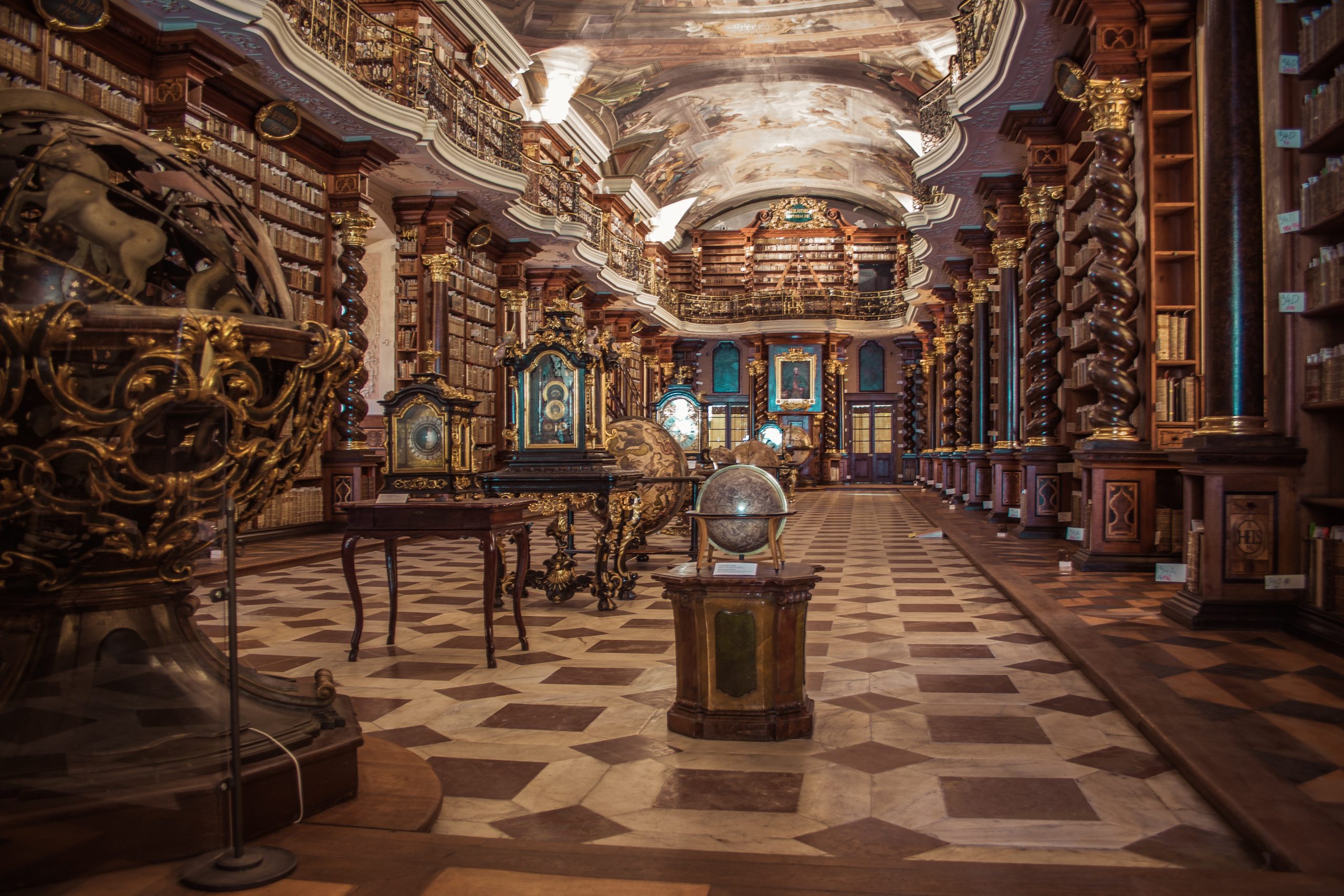Gnosticism Demons: Unveiling the Dark Entities in Ancient Beliefs
Demons, as mysterious and captivating as they are, have been a prominent aspect of human myths, legends, and religious beliefs throughout history. Within the realm of Gnosticism, a mystical religious movement that emerged in the early centuries of Christianity, demons played a significant role in their cosmology and understanding of the universe. In this in-depth exploration, we will delve into the fascinating world of Gnosticism demons, examining their origins, characteristics, and the significance they held within the Gnostic belief system.
Understanding Gnosticism: A Brief Overview
Before we plunge into the intricate workings of Gnosticism demons, let us first establish a foundational understanding of Gnosticism itself. Gnosticism, derived from the Greek word “gnosis” meaning knowledge, was a diverse set of spiritual beliefs that proliferated during the first few centuries AD.
Unlike orthodox Christianity, which asserted that salvation could be achieved through the acceptance of a divine savior, Gnosticism emphasized the attainment of spiritual knowledge or “gnosis” as the key to liberation from the material world. Gnostics believed in an inherent divine spark trapped within the human soul, seeking to overcome the limits of the physical realm and reunite with the ultimate divine source.
Gnostics viewed the material world as a flawed and corrupted creation, often attributed to a malevolent entity known as the Demiurge. The Demiurge, according to Gnostic mythology, was an inferior deity responsible for the formation of the material realm and its accompanying flaws. This flawed material world became the stage upon which the Gnosticism demons made their entrance.
Origins and Nature of Gnosticism Demons
In Gnostic cosmology, the demons were not inherently evil beings but rather the result of the chaotic and imperfect nature of the lower realm. These demons were seen as necessary evil forces, intermediaries between the divine realm and the flawed material world.
Gnostic thought often associated these demons with specific aspects of the material world, such as natural disasters, diseases, and even negative human emotions. They were considered to be the lower emanations of the divine, lacking the true knowledge and wisdom required for spiritual liberation.
The characteristics and hierarchy of Gnosticism demons varied among different sects and schools of thought within the Gnostic movement. Some believed in a complex system of Archons, demonic rulers that controlled specific aspects of the material realm and obstructed the spiritual journey of individuals. These Archons were seen as deceptive entities, promoting false morality and inhibiting access to true divine knowledge.
One of the most notable Gnostic texts, the Apocryphon of John, describes the origins of these demons within the Gnostic cosmology. According to this text, the Archons were formed as a result of a divine accident, a disturbance in the spiritual realms caused by Sophia, a female emanation of the divine. This accidental creation of the Archons further reinforced their role as imperfect entities that hindered human spiritual progress.
The Role of Gnosticism Demons in Human Experience
In Gnostic thought, the presence of demons was not limited to the external world alone. They were believed to penetrate human existence, influencing thoughts, actions, and spiritual development. Gnostics viewed the human body as a prison for the divine spark, subjected to the influence of these demonic forces.
Demons were often associated with the negative aspects of human experience, such as ignorance, suffering, and the perpetuation of the flaws inherent in the material world. They served as the obstacles to be overcome in the Gnostic journey towards spiritual liberation.
Gnostics advocated rigorous spiritual practices and rituals aimed at purging the influence of these demons from the human psyche. Through the acquisition of knowledge (“gnosis”) and the pursuit of spiritual enlightenment, Gnostics believed they could transcend the grip of demonic forces and achieve ultimate salvation.
Gnostic Rituals and Practices
To combat the influence of demons, Gnostics engaged in various rituals and practices intended to awaken the divine spark within and liberate the soul from the material realm. One essential practice was the recitation of powerful incantations and prayers to invoke divine assistance and protection.
The Gnostic sacrament called the “Mystery of the Bridal Chamber” sought to establish a direct connection between the individual and the divine, bypassing the intermediaries imposed by the Archons. This intimate ceremony aimed to merge the divine spark within the individual with the ultimate divine source.
Legacy and Influence
Gnosticism, with its intricate cosmology and understanding of demons, left an indelible impact on various mystical and esoteric traditions that followed. Spiritual movements such as Hermeticism, Kabbalah, and even certain strands of Western Occultism incorporated elements of Gnostic thought.
Although Gnosticism demons have waned in prominence with the decline of the Gnostic movement, the fascination with these supernatural entities endures in contemporary culture. Their mysterious nature and connection to the human experience continue to captivate researchers, writers, and individuals seeking a deeper understanding of the spiritual world.
Conclusion
Gnosticism demons, as intermediaries between the divine and the human, occupied a significant place within the complex cosmology and belief system of the Gnostics. Their origins, character, and influence underscored the profound Gnostic understanding of the flawed material world and the need for spiritual liberation.
While Gnosticism as a religious movement has largely faded from history, its influence persists in the realms of spirituality, philosophy, and esoteric knowledge. The exploration of Gnosticism demons not only reveals intriguing perspectives on the supernatural but also sheds light on the eternal human quest for spiritual enlightenment.
Table of Contents
